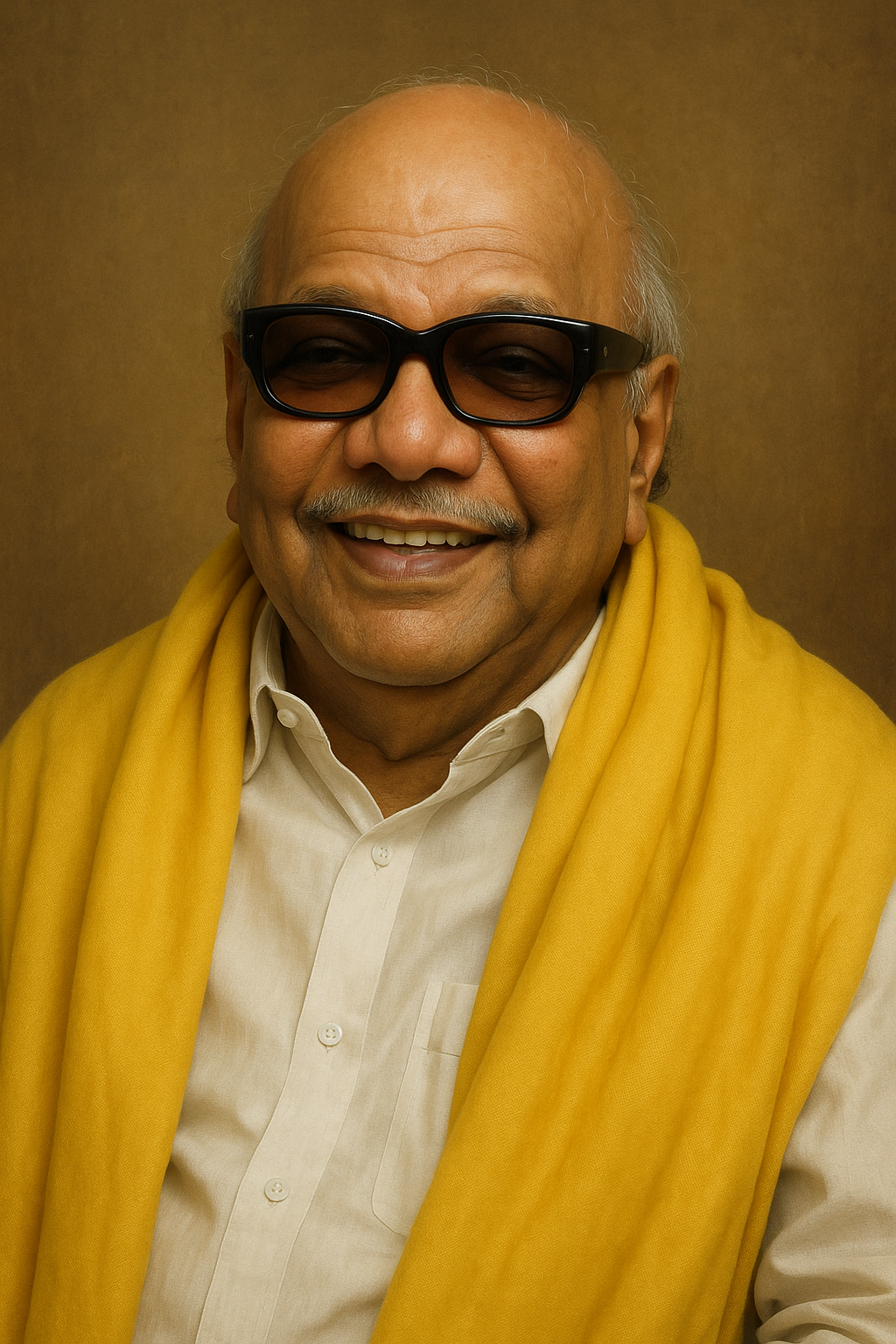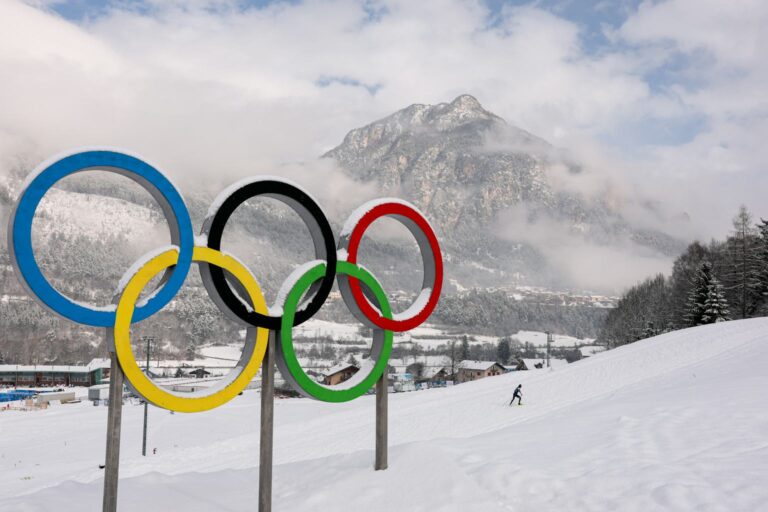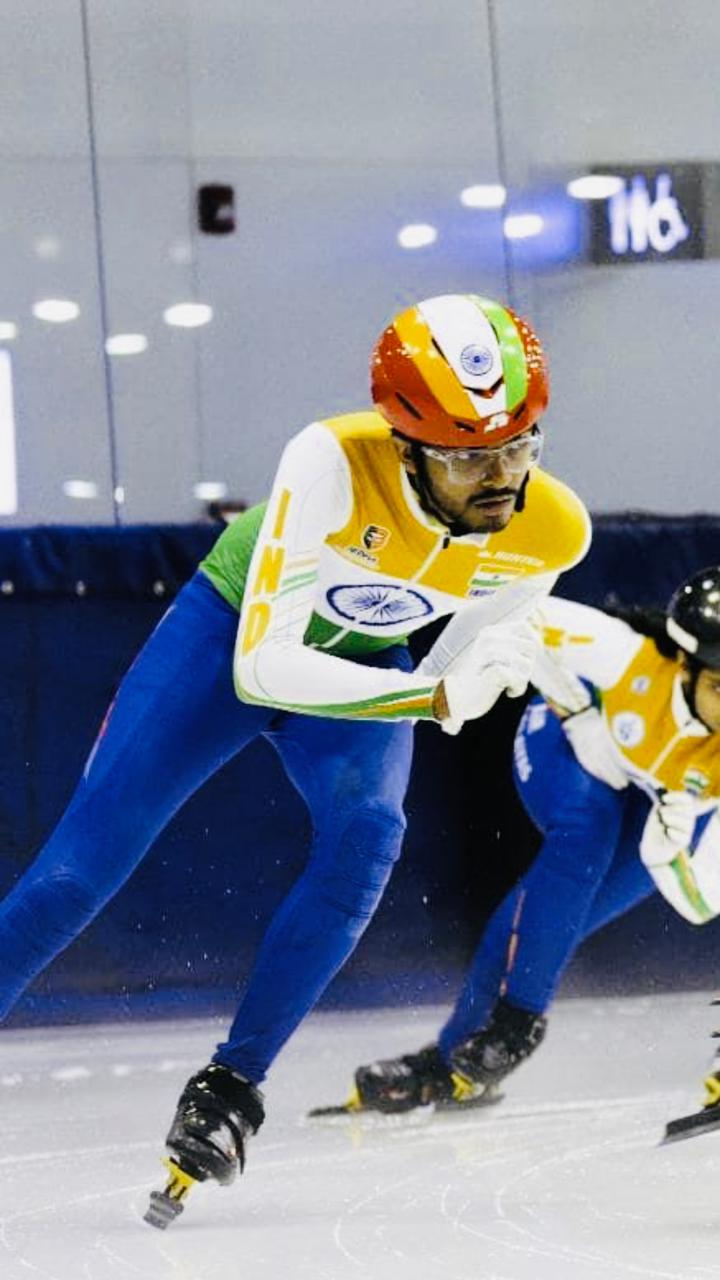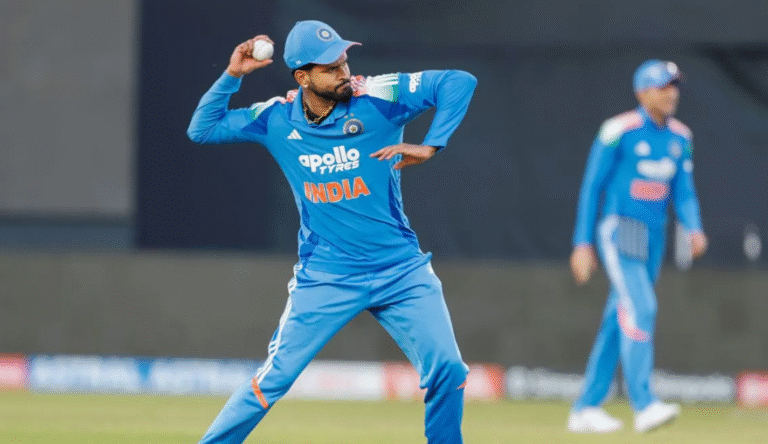
As Tamil Nadu continues to produce national and international sporting champions, many trace the roots of this success back to one of the state’s most influential political leaders — M. Karunanidhi. Fondly known as “Kalaignar,” the former five-time Chief Minister of Tamil Nadu left a lasting impact not just in literature and politics, but also in the field of sports infrastructure and athlete development.
During his tenure, Karunanidhi’s government launched a series of progressive initiatives that helped shape the sports ecosystem of the state. Most notably, in 1992, his administration established the Sports Development Authority of Tamil Nadu (SDAT) — a landmark move that centralized the state’s efforts in promoting athletics, games, and sports education.
“Kalaignar had the foresight to see how sports could uplift communities,” said by one of his supporter. “The very backbone of many of today’s state and national-level athletes was built during those policy-making years.”
Under Karunanidhi’s guidance, the SDAT not only improved infrastructure across districts but also laid the foundation for schemes that continue to benefit athletes today, including:
- Elite Sportsperson Scheme
- Mission International Medal Scheme
- Champions Development Scheme
These programs have supported world-class athletes like squash stars Joshna Chinappa and Dipika Pallikal, as well as several Olympians and Grandmasters in chess.
Karunanidhi’s government also invested in renovating key stadiums such as the Jawaharlal Nehru Stadium in Chennai, and encouraged the construction of indoor facilities and sports hostels across the districts. This helped democratize access to training resources — making it possible for rural talent to rise to national platforms.
In addition to supporting mainstream sports, Karunanidhi gave a platform to indigenous games. Traditional Tamil sports like Jallikattu, Silambam and Kabaddi received institutional support during his tenure. Silambam, once confined to folklore, found new life in training centers and competitions sponsored by the government. also facilities for athletics, swimming, football, squash, and volleyball were strengthened in both urban and rural regions.
Karunanidhi ensured regular state funding for sports associations and youth welfare initiatives.
Furthermore, Kalaignar expanded the sports quota in education and government jobs — a move that significantly motivated underprivileged youth to pursue athletics seriously. The Dravidian model of social justice extended to sports by creating inclusive access across castes, genders, and districts.

Several sporting events of national and international repute. Chennai gradually emerged as a hub for chess and squash, and the momentum built during his administration is evident even today.
Athletes from across disciplines continue to benefit from the systems he set in place — from sports scholarships to hostel facilities that support long-term development.
Adding to this legacy, the Karunanidhi Stand at the M.A. Chidambaram Stadium (Chepauk) in Chennai stands as a tribute to his commitment to sports in Tamil Nadu. The stand was officially opened by Udhayanidhi Stalin, his grandson and Deputy chief Minister of Tamil Nadu. — a symbolic moment that connects the past efforts of Kalaignar to the future of Tamil sports.
As Tamil Nadu eyes even greater success at upcoming international sporting events, it is worth acknowledging the groundwork laid by Kalaignar Karunanidhi. His contribution to Tamil Nadu’s sporting landscape goes beyond politics — it is a legacy that lives on in stadiums, grassroots coaching centers, and in the dreams of thousands of aspiring athletes








1 thought on “Kalaignar Karunanidhi’s Enduring Legacy in Tamil Nadu Sports Development | #கலைஞர்102”